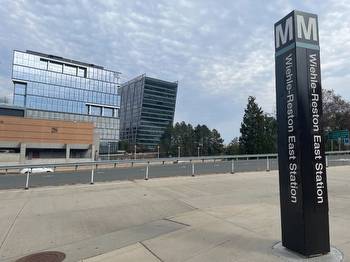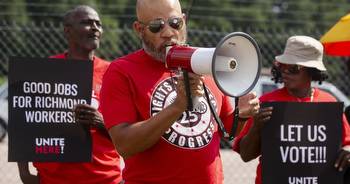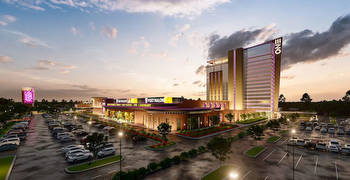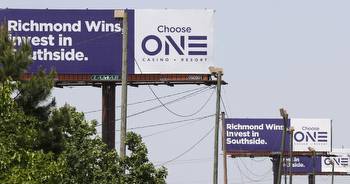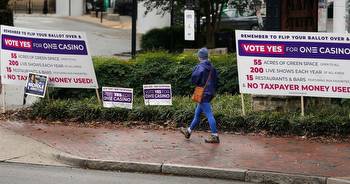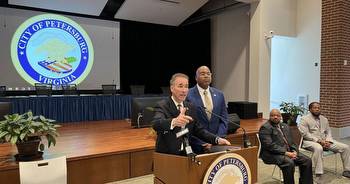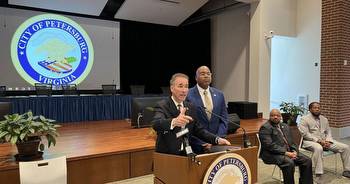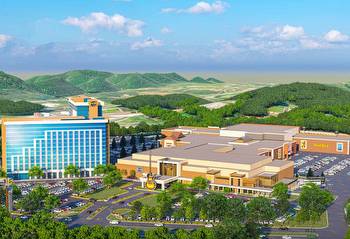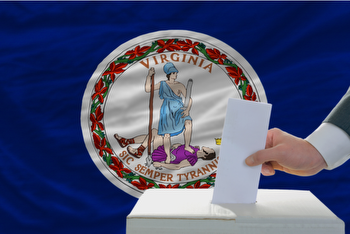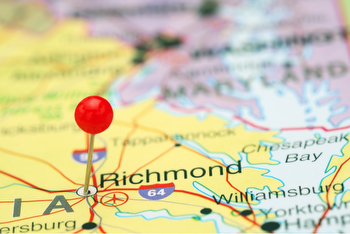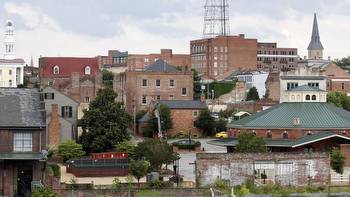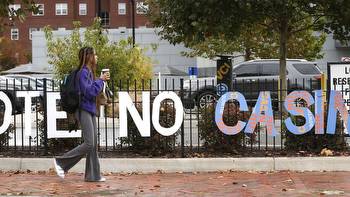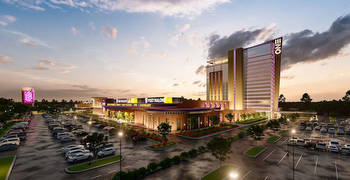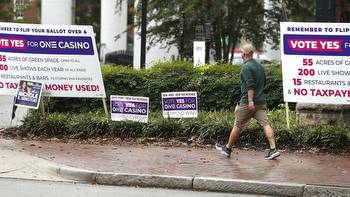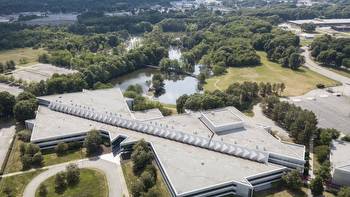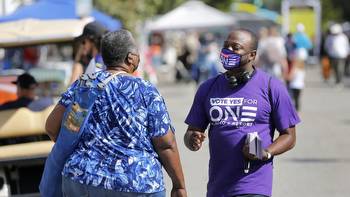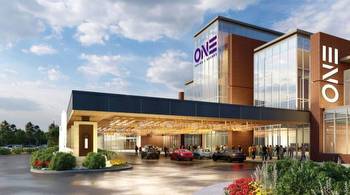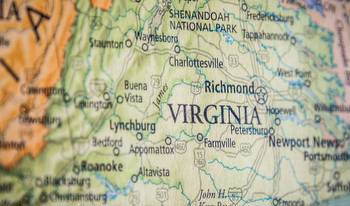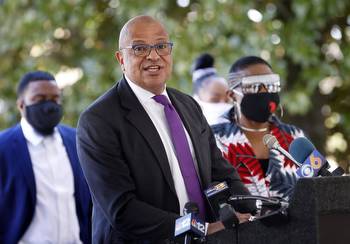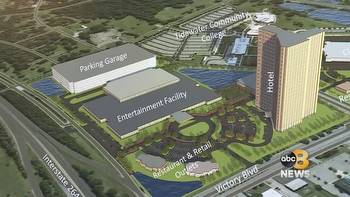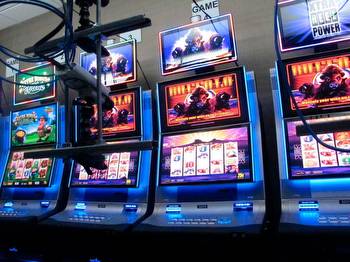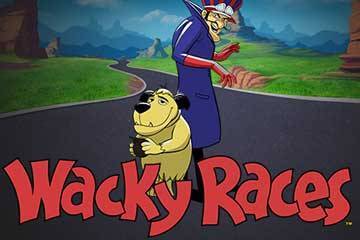Could the Richmond casino end up elsewhere? It’s up to state legislators

Before Richmonders went to the polls a week ago, Alfred Liggins, CEO of the city’s would-be casino developer Urban One, theorized on what might happen if the casino referendum failed.
“If it doesn’t pass in the city of Richmond, I believe that the General Assembly will ultimately look to put it in a locality in and around Richmond in Central Virginia in one of the outlying counties that does want it,” Liggins told BizSense in a pre-election Q&A. “I do not believe that the General Assembly and the governor will want to leave Central Virginia without a gaming opportunity.”
Now that it’s official that Urban One’s proposal for a casino was rejected, it’s looking like his theory may be put to the test.
Sen. Jeremy McPike (D-Dale City), who was one of the co-patrons of the 2020 bipartisan bill that assigned casino opportunities to five localities in Virginia, said he thinks the General Assembly may consider assigning the slot that had been slated for the city to another locality in the region.
“The bill specified the City of Richmond, but the General Assembly was giving a nod to a Richmond-area casino,” McPike said. “I think the opportunity is out there. No discussions have taken place, (but) I think that’s probably something that needs to be considered for the next session.”
In addition to Richmond, the bill provided casino opportunities to four other localities in Virginia: Portsmouth, Norfolk, Danville and Bristol. Referendums in those regions passed in landslides last November. Richmond’s was the only one to fail. Just over 51 percent of the Richmond electorate voted against it.
McPike said for a casino referendum to happen elsewhere in Central Virginia, the General Assembly would have to pass a new bill to amend the section of the Virginia code to include that new locality. Gov.-elect Glenn Youngkin would then have to sign the amended bill into law.
State delegates and senators can begin pre-filing bills for the General Assembly next week ahead of the session’s opening on Jan. 12.
None of the five other senators that were behind the successful casino bill — Jennifer McClellan (D-Richmond), Louise Lucas (D-Portsmouth), Lynwood Lewis (D-Accomac), Tommy Norment (R-Williamsburg) and Todd E. Pillion (R-Abingdon) — were available for comment by press time.
Asked post-election, a spokesman for Urban One said it’s premature to speculate on next steps.
Another outside chance for a casino in Richmond could theoretically come from the Pamunkey Indian Tribe.
The tribe publicly announced its intentions to build a casino in Richmond in early 2020, but its proposal was among the first cut from the field of would-be operators in the spring.
Because the Pamunkey’s ancestral land covers much of the Richmond region, it can apply to the U.S. Department of the Interior to place land it owns in a trust. If approved, the land would become a piece of the Pamunkey reservation and a sovereign nation, not subject to local taxes, zoning or land-use regulations — and free to erect a casino if it chose to do so.
The tribe’s already begun purchasing land around Richmond, including the Southside site it was pitching to the city for a casino, as well as over 600 acres in New Kent.
However, it’s unclear what the Pamunkey’s plan is following the referendum.
In a statement, a spokesman for the tribe encouraged Richmonders to someday visit the tribe’s forthcoming casino in Norfolk, which it’s now working on following that city’s successful referendum last November.








